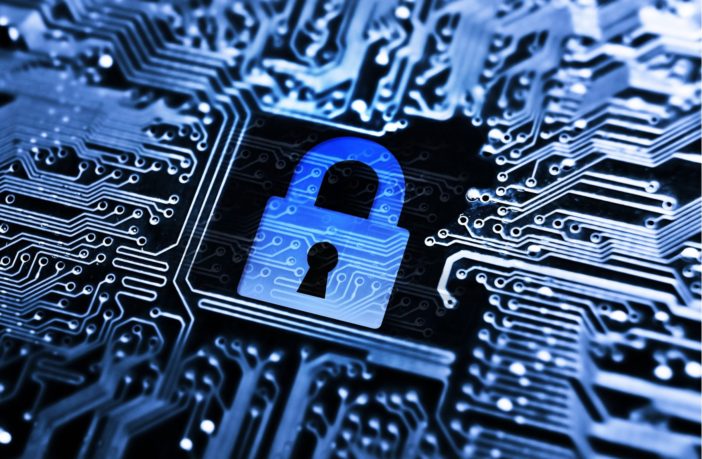Two academics from The Open University who researched the experiences of industry-leading professionals on cybersecurity strategy have compiled a list of top ten tips to help prevent people and businesses falling victim to criminals.
Liz Daniel, Professor of Information Management and Visiting Fellow James Crotty co-authored a report into cybersecurity strategy and say while 100 per cent security in cyberspace is difficult to achieve, there are steps we can all take to safeguard ourselves.
According to the National Crime Agency cybercrime costs the UK billions of pounds, “causes untold damage and threatens national security”.
Liz and James say attacks are seldom personal and are mostly random so one business or individual is just as likely to be targeted as another. Liz said:
“While successful cyber attacks are always as a result of a human action such as an error by an innocent party or a malicious action by a perpetrator, there are technical safety controls we can all take to enhance our cybersecurity.
“Our recommendation is that every organisation and individual engaged in any form of electronic data exchange should be taking some basic technical steps to help safeguard them from cyber threats and respond to the very real danger of a successful cyber attack.”
Top ten tips to safeguard your home or business from cybercrime:
- Have an updated inventory of all the hardware devices and software in your network and only allow access to both where the provenance is understood. Disconnect and disable all devices no longer in use, as the operating system on older assets is likely to contain unpatched vulnerabilities.
- Keep all applications and hardware operating systems current by applying new versions and patches without delay, as new vulnerabilities are constantly emerging and require patching.
- Strictly limit administrative access for the configuration and control of all hardware and software including network access. Why? Because security can be compromised, even at home with someone mistakenly turning off a firewall, for example.
- Ensure all hardware and software is configured as securely as possible with all unused functionality disabled. This helps minimise your attack surface and exposure to vulnerabilities in functionality you do not require.
- Install and maintain malware protection on all computers or smartphones to detect and block malicious activity on your systems.
- Use multi-factor authentication for access to systems and applications because passwords alone are frequently compromised.
- Actively manage firewalls to ensure they are secure because the firewalls in routers and equipment such as personal laptops, need to be activated.
- Encrypt data in transit and at rest so it cannot be exploited if it gets stolen.
- Conduct regular, preferably daily, system backups to remote hard-drives and physically disconnect these assets from the network between backups to minimise compromise in the event of a ransomware attack.
- Have an incident response plan in place – and test it to ensure, for example, that your home data backup will work if you need it.
Picture: Shutterstock



